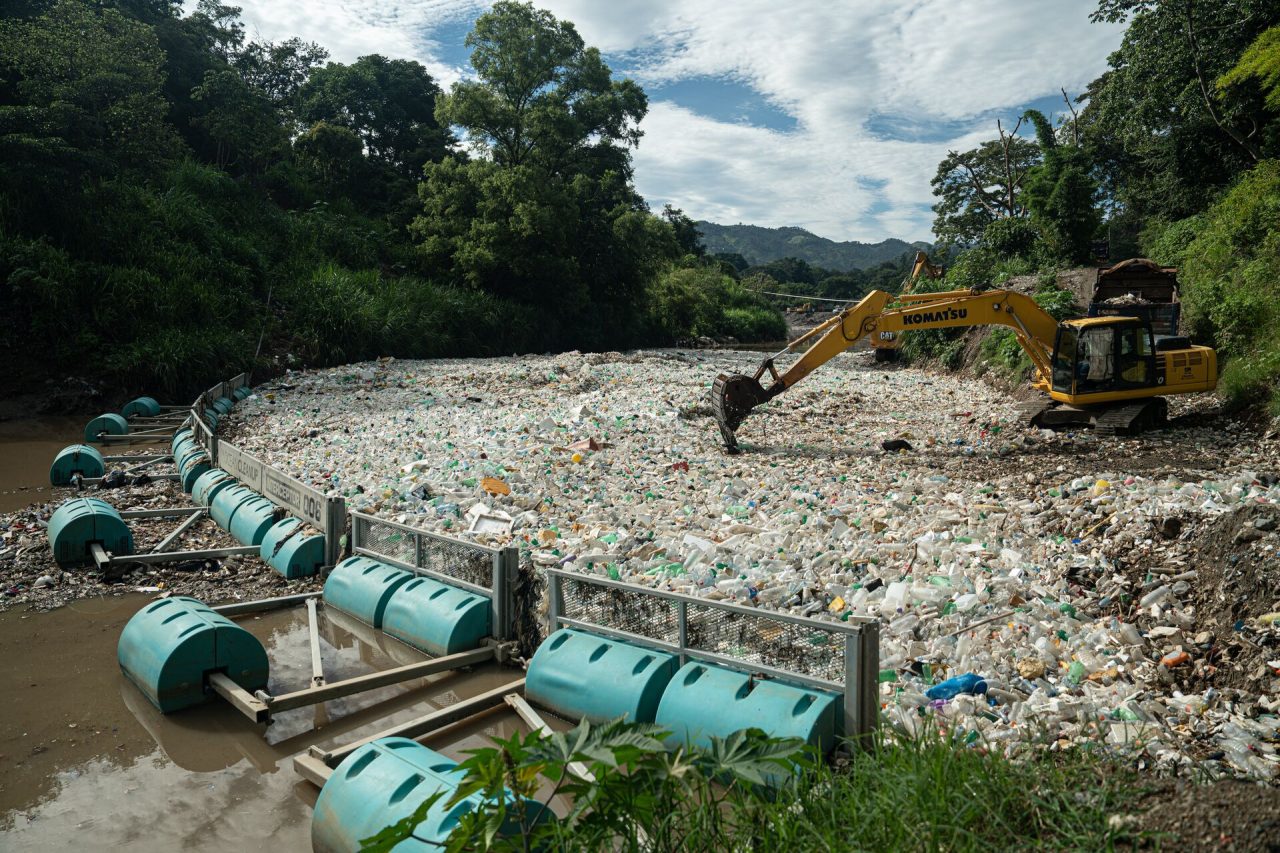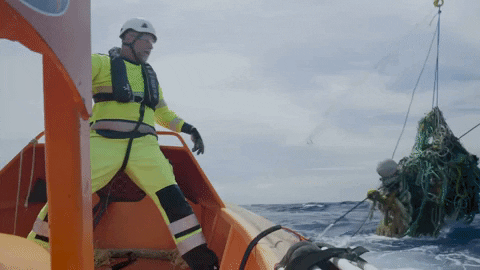Highly engaged marine users can help monitor marine plastic pollution in under accessed environments
October 2025, article in a peer-reviewed journal
Ocean & Coastal Management
Abstract
Citizen and community science programs have been instrumental to generating large datasets in natural sciences, while simultaneously engaging participants in science and the environment. Community led and citizen science projects have seen broad application to plastic pollution monitoring and cleanup efforts due to the abundance of plastic pollution in all environments around the globe. Here we highlight the work of a niche group of community scientists, we call, highly engaged marine users. This group of community scientists demonstrate a high level of connection to, and understanding of the ocean and are equipped with a set of specific skills and knowledge that are required for their work. We present case studies regarding plastic pollution monitoring by highly engaged marine users working in three understudied marine environments (1) surfers, paddleboarders, and kayakers in the nearshore environment, (2) recreational divers at the seafloor, and (3) recreational and professional seafarers in the open ocean. We reflect on the success of these programs highlighting the role of scientists in providing support in the study design, and execution of project efforts. We demonstrate that highly engaged marine users are key to executing plastic pollution monitoring in understudied marine environments across the globe and that engaging this group will be pivotal in meeting global needs of monitoring marine debris across the global ocean.

